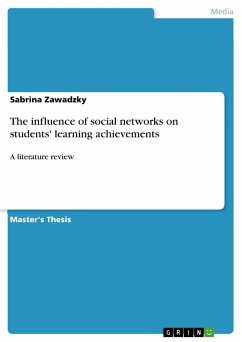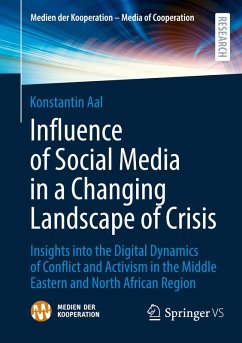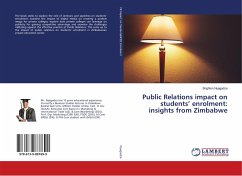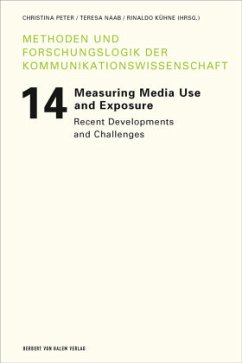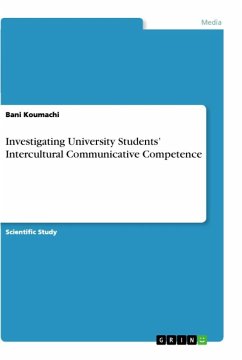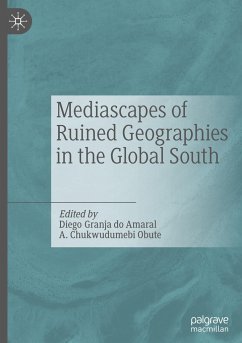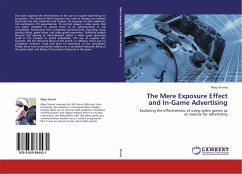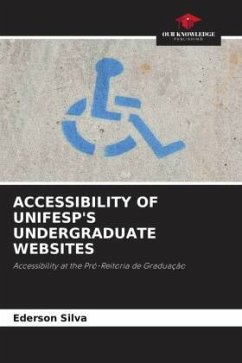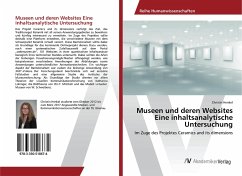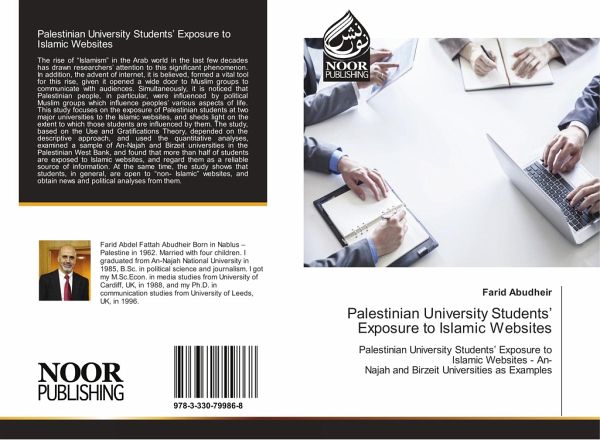
Palestinian University Students' Exposure to Islamic Websites
Palestinian University Students' Exposure to Islamic Websites - An- Najah and Birzeit Universities as Examples
Versandkostenfrei!
Versandfertig in 6-10 Tagen
24,99 €
inkl. MwSt.

PAYBACK Punkte
12 °P sammeln!
The rise of "Islamism" in the Arab world in the last few decades has drawn researchers' attention to this significant phenomenon. In addition, the advent of internet, it is believed, formed a vital tool for this rise, given it opened a wide door to Muslim groups to communicate with audiences. Simultaneously, it is noticed that Palestinian people, in particular, were influenced by political Muslim groups which influence peoples' various aspects of life. This study focuses on the exposure of Palestinian students at two major universities to the Islamic websites, and sheds light on the extent to ...
The rise of "Islamism" in the Arab world in the last few decades has drawn researchers' attention to this significant phenomenon. In addition, the advent of internet, it is believed, formed a vital tool for this rise, given it opened a wide door to Muslim groups to communicate with audiences. Simultaneously, it is noticed that Palestinian people, in particular, were influenced by political Muslim groups which influence peoples' various aspects of life. This study focuses on the exposure of Palestinian students at two major universities to the Islamic websites, and sheds light on the extent to which those students are influenced by them. The study, based on the Use and Gratifications Theory, depended on the descriptive approach, and used the quantitative analyses, examined a sample of An-Najah and Birzeit universities in the Palestinian West Bank, and found that more than half of students are exposed to Islamic websites, and regard them as a reliable source of information. At the same time, the study shows that students, in general, are open to "non- Islamic" websites, and obtain news and political analyses from them.



